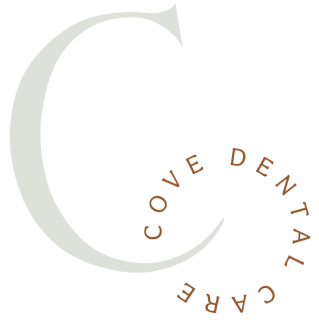Greer:

Dry Mouth Solutions in Greenville, SC
What Causes Dry Mouth?
When there is not enough saliva in the mouth, it can lead to a range of symptoms such as a dry, sticky feeling in the mouth, difficulty speaking or swallowing, a sore throat, hoarseness, and bad breath. Dry mouth can be caused by a variety of factors including certain medications, radiation therapy, nerve damage, dehydration, and autoimmune disorders. It is important to speak with a healthcare professional if you are experiencing persistent dry mouth to determine the underlying cause and receive appropriate treatment.
Let’s talk about the causes of dry mouth.
Causes of Dry Mouth:
Medications:
Radiation Therapy:
Medical Conditions:
Nerve Damage:
Dehydration:
Mouth Breathing:
Tabacco & Alchohol Use:
Both tobacco and alcohol can contribute to dry mouth.
It is important to speak with a healthcare professional if you are experiencing persistent dry mouth to determine the underlying cause and receive appropriate treatment.
What is Dry Mouth and How Can It Affect Oral Health?
Dry mouth, medically referred to as xerostomia, is a condition characterized by a reduced production of saliva in the mouth. Saliva plays a crucial role in maintaining oral health as it helps to cleanse the mouth, neutralize acids, aid in digestion, and prevent the growth of harmful bacteria. When there is an inadequate amount of saliva, it can lead to a range of uncomfortable symptoms and potential oral health issues.
Dry mouth can have a significant impact on oral health. Saliva is essential for lubricating the mouth, which helps in speaking, chewing, and swallowing. Without sufficient saliva, individuals may experience difficulties in these basic functions, leading to discomfort and a decreased quality of life.
Additionally, saliva acts as a natural defense mechanism against tooth decay. It contains enzymes that aid in breaking down food particles and maintaining a balanced pH in the mouth. With reduced saliva production, the mouth becomes more acidic, creating an environment conducive to the growth of harmful bacteria. This can result in an increased risk of cavities, gum disease, and other dental problems.
Dry mouth can also contribute to bad breath (halitosis), as the lack of saliva allows bacteria to proliferate, producing foul-smelling compounds. Furthermore, dry mouth can cause dry, cracked lips, mouth sores, and a burning sensation in the mouth. These symptoms can make eating, drinking, and speaking uncomfortable, affecting one’s overall well-being.
To address the potential oral health impacts of dry mouth, individuals should stay well-hydrated, consider using sugar-free gum or lozenges to stimulate saliva flow, and opt for alcohol-free mouthwashes and oral moisturizers specifically designed to alleviate dry mouth symptoms. Regular dental check-ups are essential for early detection and management of any dental issues that may arise due to dry mouth. If dry mouth persists, it’s advisable to consult a healthcare professional or dentist for a comprehensive evaluation and personalized guidance on managing the condition and maintaining optimal oral health.
